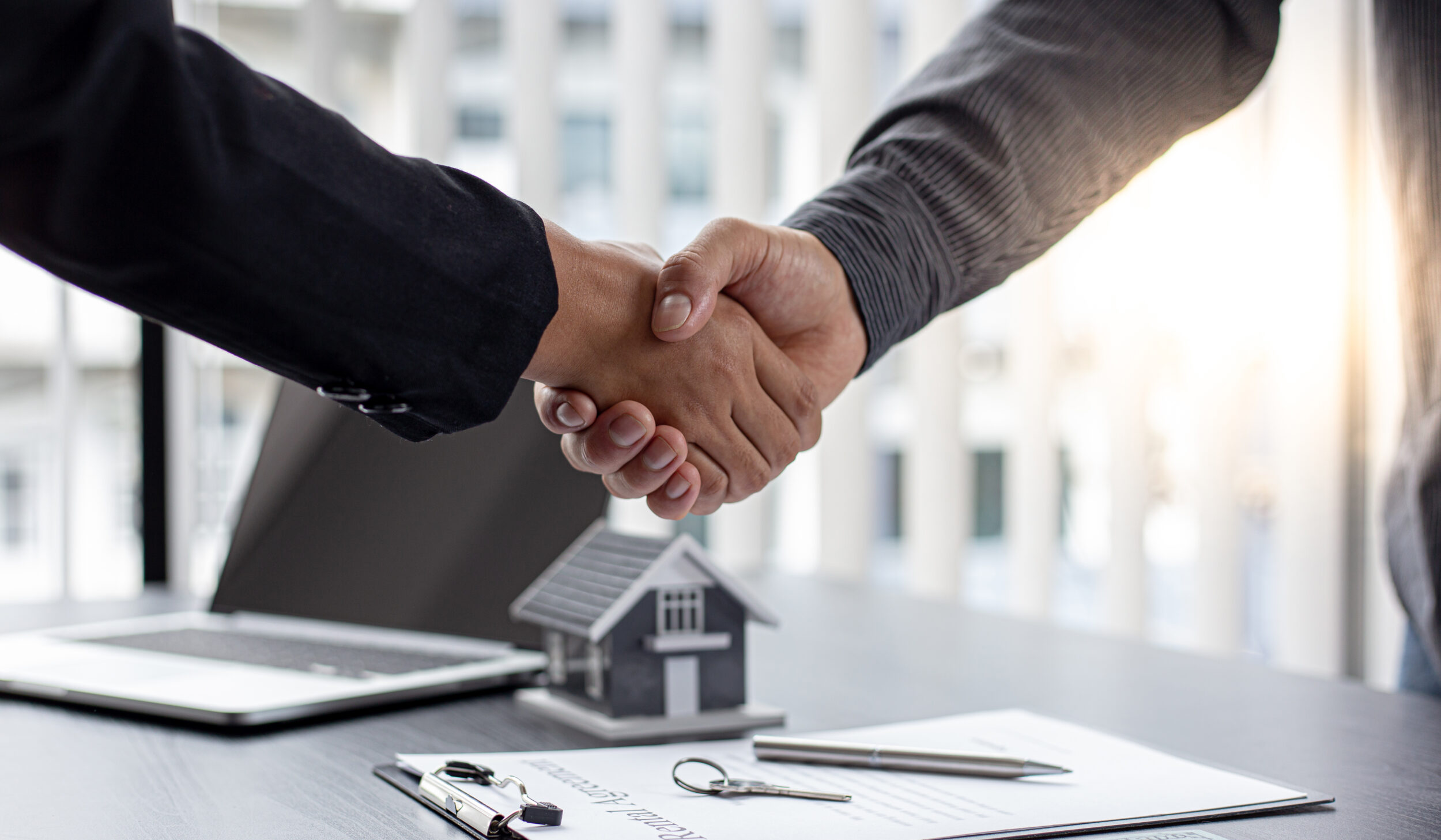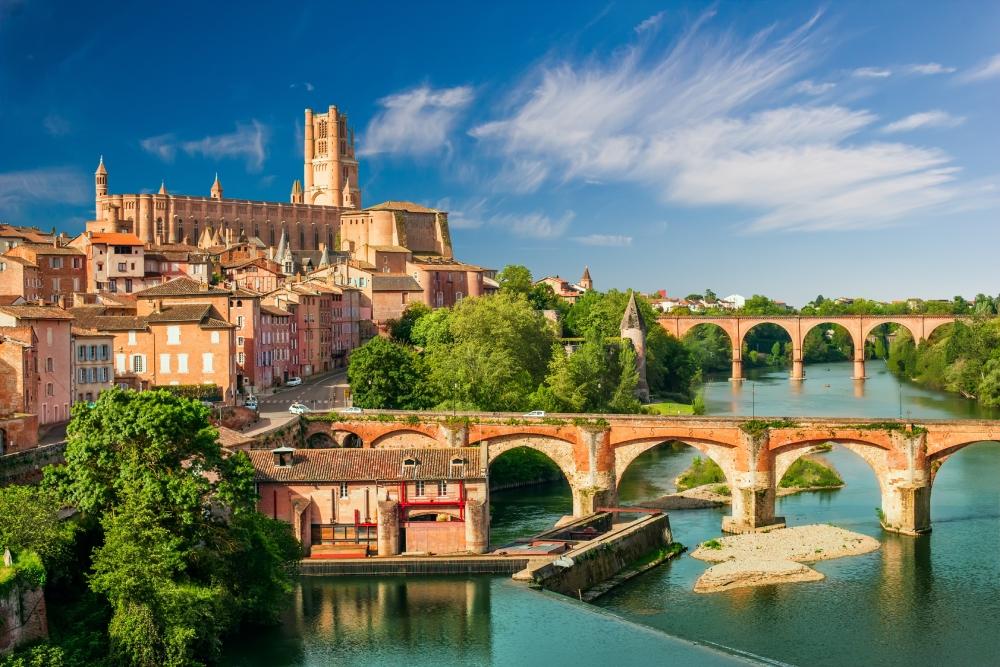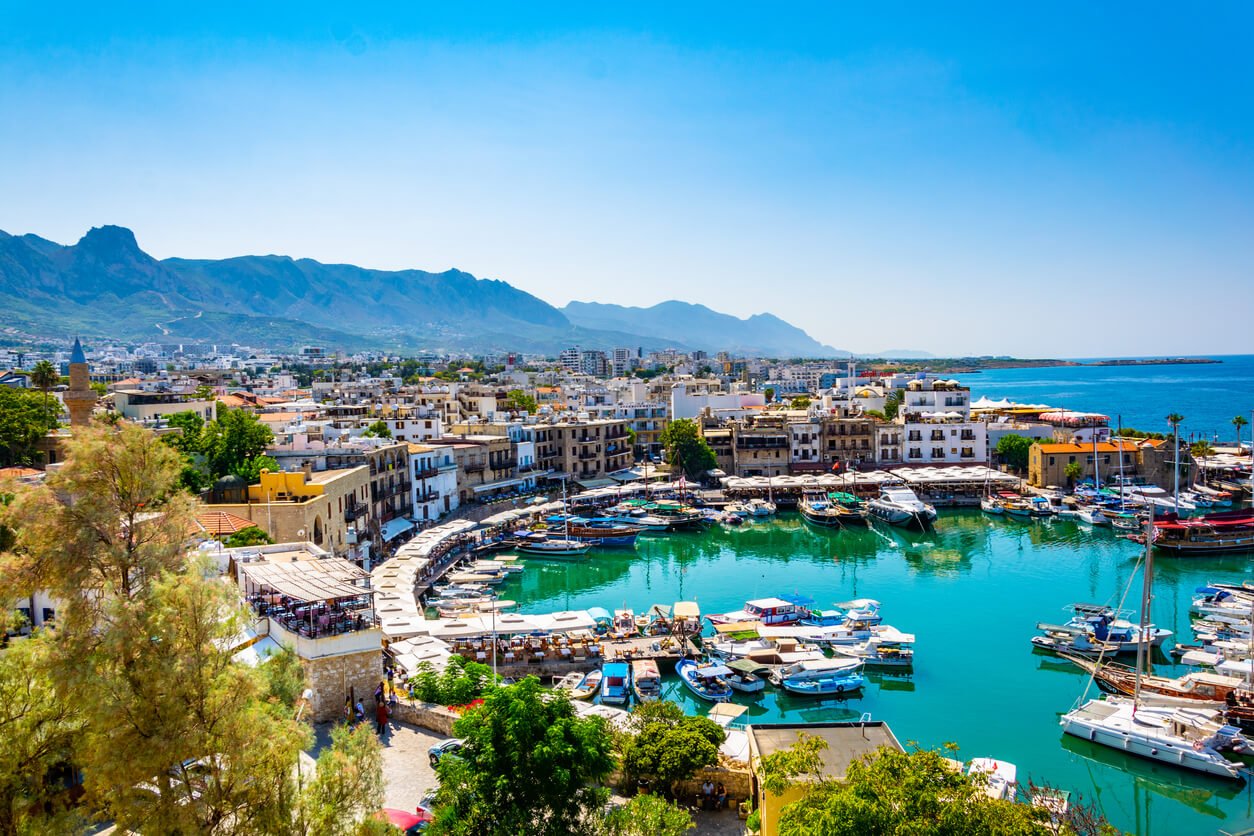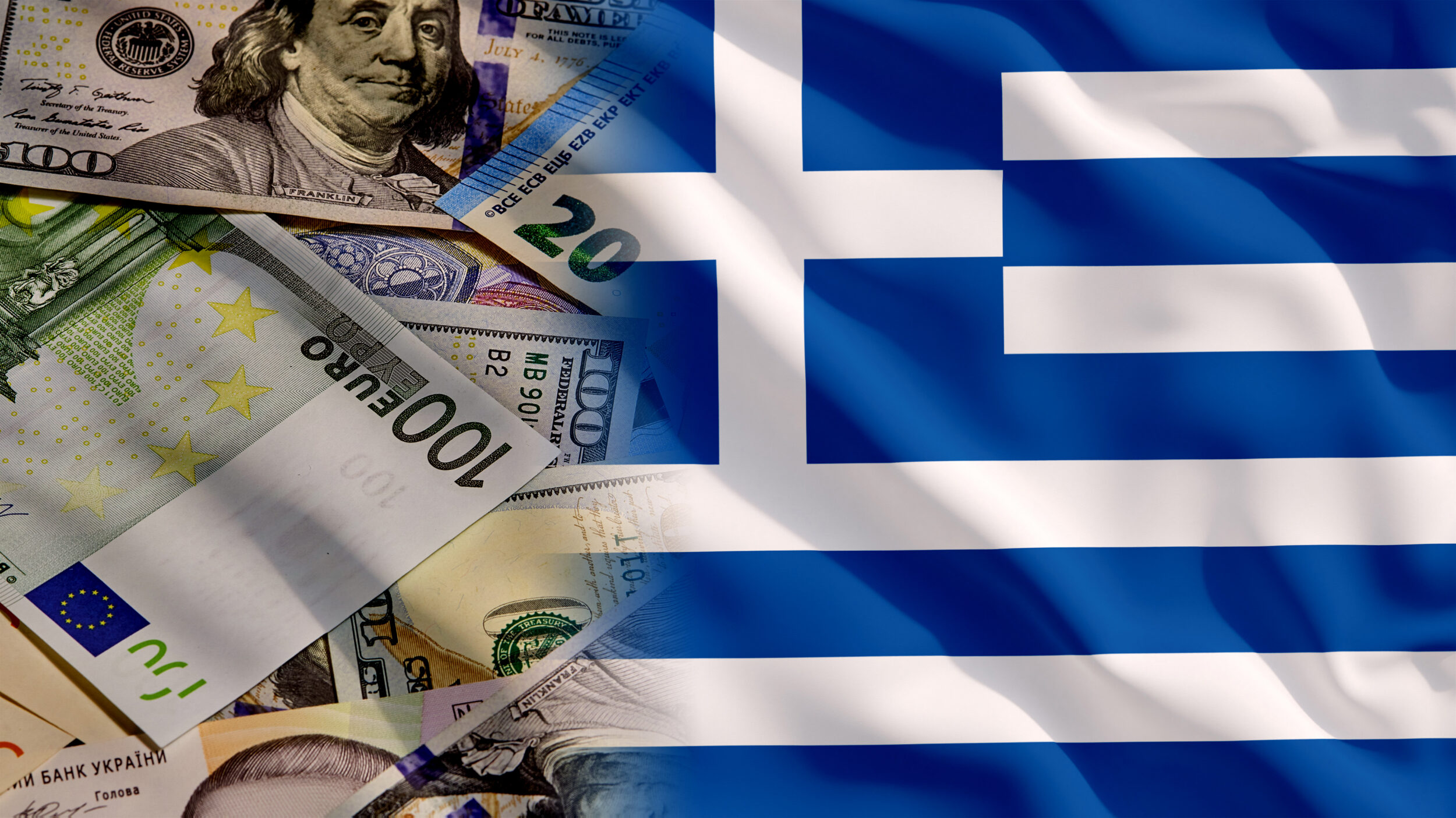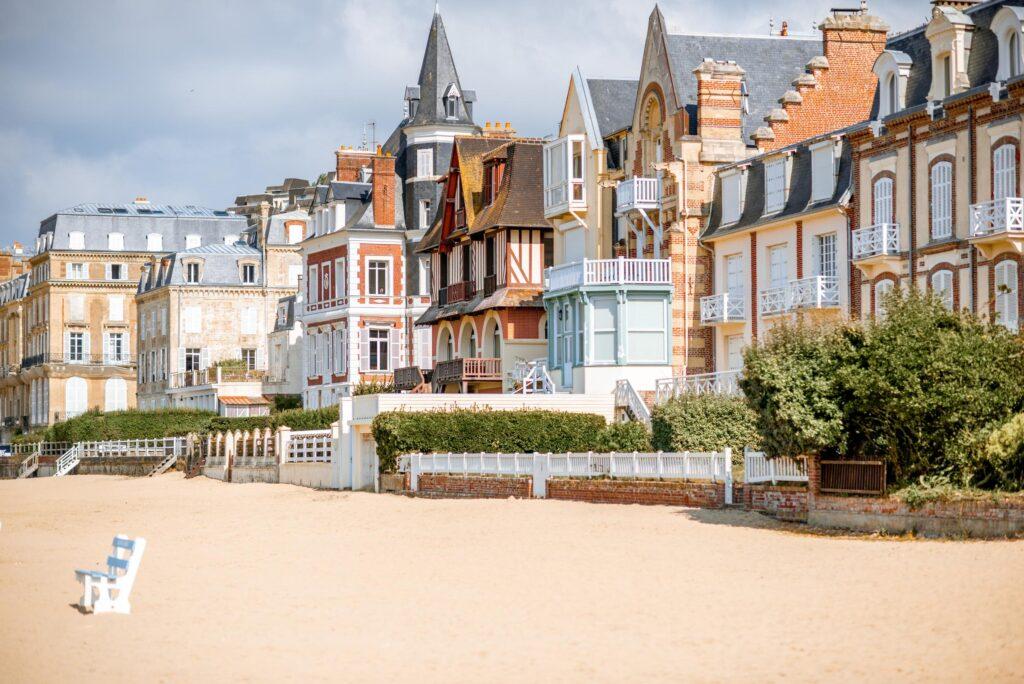
How easy is it to buy a house in France? The good news is that buying a property in France as a foreigner is not especially complicated. Follow this guide for the procedures for buying in France and it won’t be long before you’re living in your countryside chateau or villa by the sea.
Holiday home, permanent home or investment?
Once you have decided to buy a home in France and you’re looking at France properties for sale it’s important to know how different uses of the property may affect you.
Holiday home
If you’ve decided on buying a house in France as a second home, you’ll be able to use it to escape the damp English winters, as a base to work remotely or just for family holidays. When looking for holiday homes in France to buy, you should first decide the type of property you want. Do you want a city apartment with good transport links, a house near the beach, or a rural retreat in the heart of the countryside?
Since Brexit, the Schengen Rule applies to UK residents. This means that you will only be able to spend 90 out of 180 days in your holiday home.
Permanent home
Buying property in France to live in permanently has different rules. You will need to become a resident of France on your arrival. This involves applying for a residence permit (carte de résident) for UK citizens arriving in France after 31 December 2020 who plans to stay for an extended period. Each family member has to apply for residency, even children.
You will need to make an appointment at your local prefecture (government office or police station) and bring with you:
- a valid passport and copy
- all family birth certificates (originals) – you may be asked for notarised translations in French
- your marriage certificate
- proof of address where you are currently staying in France
Investment
Is it a good time to buy property in France? Interest rates have increased slowly during 2023. Whether you are going to buy a chateau in France or an apartment in a French city, now is a good time before interest rates rise further. . This means you’ll be able to buy a property as a long-term investment and wait for the prices to rise before you sell. Take a look at our article ‘Regions and cities to invest in in France’ to find out how to make maximum profit.
If you intend to rent out the property, either to residential tenants or as a holiday let, you should be aware of the tax implications. Currently, if you earn up to €15,000 on the rental income, you will pay a 30% tax on it. You will pay additional tax if you earn over this amount, depending on your circumstances.

Buying in France as a UK citizen
If you’re wondering if there are Brits still buying property in France the answer is yes, whether for a permanent home, as an investment or to work remotely.
The general buying process for UK residents
You can still fulfil your dream of buying a home in France despite Brexit. These are the 9 key steps to buying a house in France:
1. Find your ideal location
Research where to buy a property in France and look at French property for sale to evaluate the prices. If you’re not sure where you want to live our knowledgeable property consultants can advise you. Do you want to live near the sea, in the countryside, in the mountains, or a city? If you prefer the sun, then the south of France is ideal, whereas northern France has a cooler climate. All these factors will affect the kind of property you choose and what the price will be.
2. Check out the amenities
If you are setting up in France with a family, you should research what schools are in the area, and whether they are international or French. Other things to think about are the public transport network and if there are shops nearby. Leisure facilities are also important – is there a sports centre, swimming pool, clubs, restaurants, a cinema, or a theatre in the area?
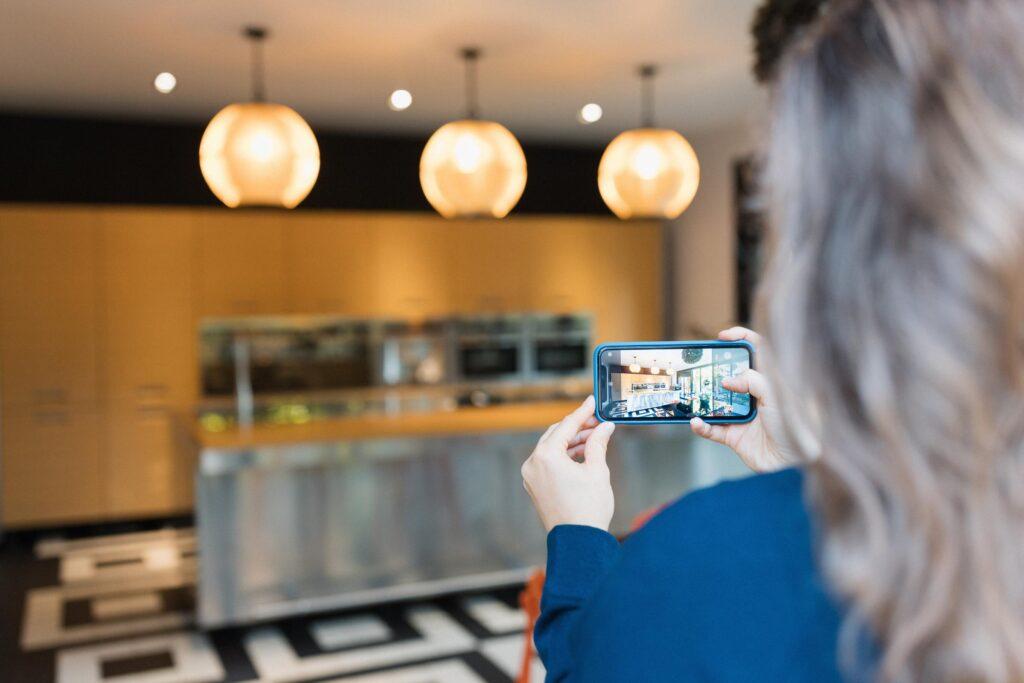
3. Set up a viewing
If you don´t have the time to visit a property in France that you’re interested in viewing, then don´t worry. Often, you can take a virtual tour if proposed by the property consultant*. At iad Overseas, we understand how busy our customers are, so we have embraced digital property viewing. For larger properties, there may even be a drone video available. Of course, seeing the property in person before you sign the contract is always advisable. This will ensure you are aware of any potential hidden defects that won´t show on a video.
* In France, all iad property consultants are independent sales agents of I@D France SAS, registered with the RSAC, and are holders of a real estate canvassing licence on behalf of I@D France SAS (without holding any funds).
4. Ensure you have the finance in place
Before you start searching you should be aware of how you are going to finance your property purchase in France. Do you have the cash from a house sale in the UK or will you require a mortgage? If you are applying for a mortgage, you can either go to a French bank (if you can prove the right level of income) or use an international UK-based bank that operates in France. Remember that a loan or mortgage is binding and you must make the repayments on time.
There are other certain costs associated with buying a property in France that you should budget as well, such as notary fees and taxes.
5. Familiarise yourself with the French property purchasing system
Once you’ve looked at the many properties for sale in France and found your dream home, you can make an offer. This is when you need to be aware of the ‘Offer to buy and promise to sell’ regulation. This exists to prevent ‘gazumping’ – when the seller accepts a higher offer price from another buyer after they have agreed to sell to you. A notary will draw up a legal document to confirm your intention to buy within a set period, which prevents the vendor from selling to someone else.
It is advisable to use your own notary, rather than the same one as the seller to avoid any conflict of interest. If you do not speak fluent French, you should ask an interpreter to be present. Note that an interpreter is different from a translator – an interpreter translates verbally while a translator translates the words in a document.
6. Be aware of the legalities
In the UK, we are used to a solicitor taking care of the legalities of buying a property. In France, the notary performs this role. However, if things are especially complicated in terms of the legal aspects, you are advised to use the services of a French lawyer who specialises in property, as a notary is not equivalent to an English solicitor.
An English solicitor does not have jurisdiction in France unless they have a legal French office there. This means that any legal issues that may arise in the future would have to be dealt with by a French court.
It is essential that you understand everything that is in the agreement before you sign it. For example, there may be clauses about land boundaries or extending the property. Unless you understand advanced French, you should have the document translated into English before you sign it.
It is now possible to use remote power of attorney with a notary to sign the sale contract. This is useful if you cannot make it to France for the completion date . This can be done via videoconferencing and is useful if you are not in France when the sale takes place.
What’s more, you can be represented by a real estate professional or a relative if you don’t wish to travel (very practical!). This third party can then sign in your name and on your behalf.
A sale takes an average of 3 months to go through, so keep this in mind if you are researching how to buy property in France.
7. Ask questions
During the process of buying a house in France, you should ask as many questions as possible. Never assume that the notary will do something, such as check the plans, without you asking. This is a major purchase and your dream home, so you are entitled to ask as many questions as you wish. If you have any doubts, get the notary to clarify things in writing.
8. Making an offer
When making an offer on a property in France, begin by determining the market value and assessing your budget. Express your interest to the seller or their agent and submit a written offer, detailing the price, conditions, and any specific requests.
9. Have the deposit (indemité d’immobilisation) ready
The offer to purchase simply indicates your purchase price to the seller, who is free to accept it or not, or to make you a counter-proposal.
If the seller accepts your offer to purchase, you will be committed to the seller and will be able to move on to the next stage, i.e. signing a promise to sell (Compromis de Vente). When you’ve signed the agreement, you will be asked to pay an earned deposit of up to 10% of the purchase price. Although it is more binding on both parties, it is not mandatory.
You have 10 days in which you can change your mind and have the deposit refunded. After that, you will lose your deposit if you pull out of the sale.
However, if you arrive at the end of the period set for lifting the suspensive conditions, without having succeeded in obtaining a loan for example, the deposit paid will be returned to you.
A notary should ensure everything is legally correct. Upon fulfilling the conditions, you can proceed to the final act of sale (Acte de Vente) at the notary’s office to complete the property purchase.
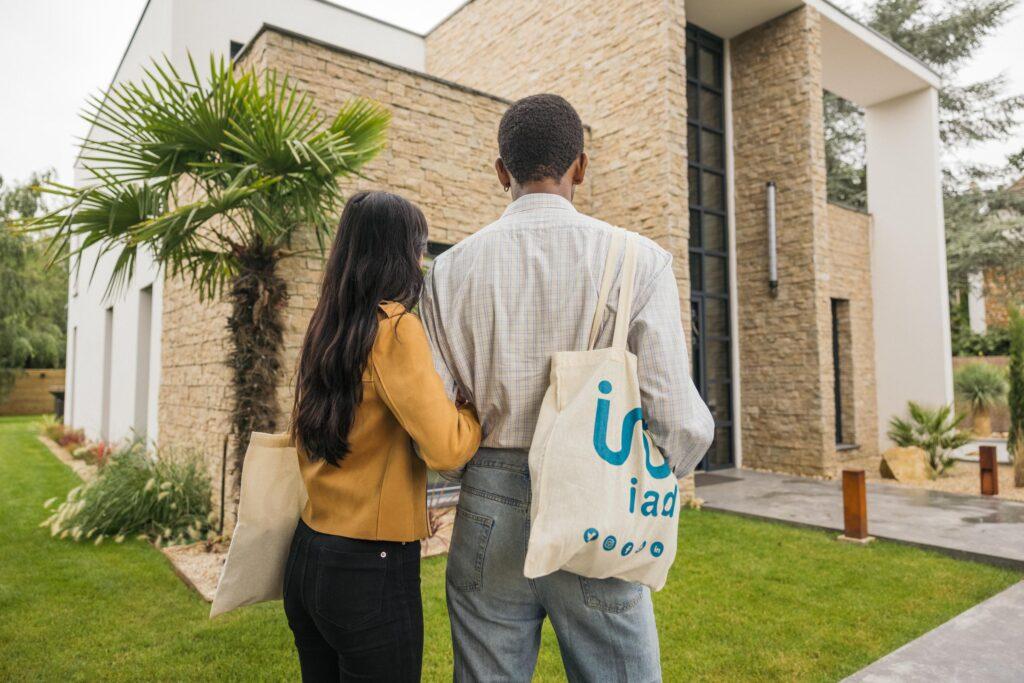
Buying in France as a foreigner
The above is the general procedure for how to buy a house in France and applies to UK citizens and foreigners and contains some issues that may arise due to Brexit.
Buying property in France as an EU citizen
If you are an EU citizen, the difference is that you will be able to enjoy your property without worrying about the 90-day rule.
If you already live in France, it will be easier than if you live outside the country, especially if you need a mortgage. The main things to be aware of if you are an EU citizen and are purchasing property in France are:
- You may be subject to more thorough checks in terms of the source of the funds if you live outside of France.
- Your personal situation will be considered. For example, if you are married, if you have ever lived in France or have a relationship with a French citizen.
This is because the authorities want to verify the authenticity of relationships and assess the stability of your connection to France. These checks help maintain the integrity of immigration processes and ensure that individuals seeking residency or citizenship have legitimate reasons and ties to the country.
Past residence history may be assessed to ensure consistency and compliance with visa or residency requirements. Marriage to a French citizen may influence the process, as it could qualify you for certain privileges or expedited procedures.
When looking for property in France for sale, it is important to take into account currency fluctuations if you are not budgeting in euros. This can have a positive or negative impact on the price and costs. It is advisable to engage the services of a reputable currency specialist when transferring large amounts of money abroad. Bank fees can be high.
You should also take into account inheritance tax as you will need to decide whether you use the laws of your own country or those of France.
Can Americans buy property in France?
There are no restrictions on Americans buying property in France, but the same rules apply to UK citizens as both are non-EU residents.
This means that, if you are American, you will need to apply for a visa if you plan to stay in France for more than 90 days (a long-stay visa). If you intend to live in France permanently, you will have to apply for a resident visa.
At iad Overseas, we’re here to make buying a property in France as straightforward as possible for you. Contact us for more advice and information.

